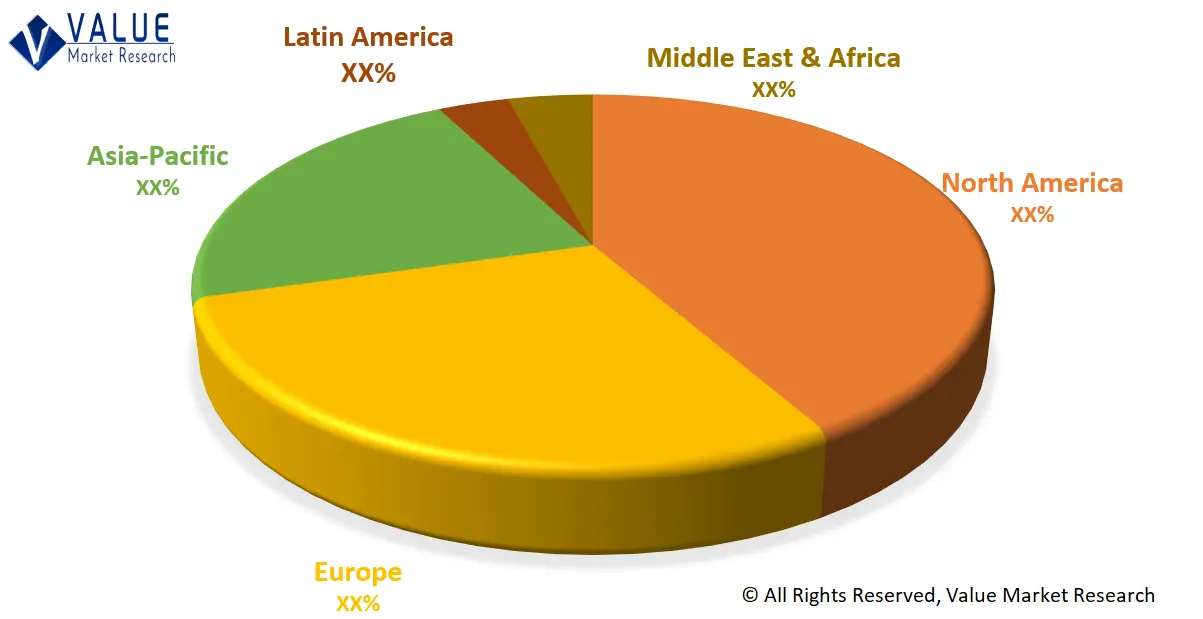The global demand for Advanced Therapy Medicinal Products Market is presumed to reach the market size of nearly USD 102.29 BN by 2030 from USD 28.56 BN in 2022 with a CAGR of 17.29% under the study period 2023 - 2030.
Advanced therapy medicinal products (ATMPs) are a category of innovative therapies that encompass a range of cutting-edge medical products used to treat diseases and injuries at the cellular or genetic level. These therapies offer novel approaches to medical treatment by utilizing genes, cells, or tissues to target specific diseases or conditions.
Market Dynamics
The Advanced therapy medicinal products (ATMPs) market is experiencing growth driven by several key factors. Firstly, these therapies address previously untreatable or inadequately managed diseases, catering to unmet medical needs in conditions like cancer, genetic disorders, and degenerative diseases. Technological advancements in biotechnology, gene editing, and tissue engineering significantly contribute to the development and commercialization of ATMPs. Improved technologies enhance the efficacy and safety of these therapies, fostering their adoption and market expansion. Supportive regulatory frameworks and expedited approval pathways encourage research and investment in ATMPs. Additionally, increased investments in research and development, coupled with collaborations between pharmaceutical companies, biotech firms, and academic institutions, drive innovation in this field. The rising prevalence of chronic diseases worldwide, coupled with the shift towards personalized medicine, further amplifies the demand for targeted and personalized therapies offered by ATMPs.
The research report covers Porter’s Five Forces Model, Market Attractiveness Analysis, and Value Chain analysis. These tools help to get a clear picture of the industry’s structure and evaluate the competition attractiveness at a global level. Additionally, these tools also give an inclusive assessment of each segment in the global market of advanced therapy medicinal products. The growth and trends of advanced therapy medicinal products industry provide a holistic approach to this study.
Market Segmentation
This section of the advanced therapy medicinal products market report provides detailed data on the segments at country and regional level, thereby assisting the strategist in identifying the target demographics for the respective product or services with the upcoming opportunities.
By Therapy Type
- Cell Therapy (Stem Cell Therapy, Non-Stem Cell Therapy)
- Gene Therapy
- Tissue Engineered Product
Regional Analysis
This section covers the regional outlook, which accentuates current and future demand for the Advanced Therapy Medicinal Products market across North America, Europe, Asia-Pacific, Latin America, and Middle East & Africa. Further, the report focuses on demand, estimation, and forecast for individual application segments across all the prominent regions.
Global Advanced Therapy Medicinal Products Market Share by Region (Representative Graph)

The research report also covers the comprehensive profiles of the key players in the market and an in-depth view of the competitive landscape worldwide. The major players in the Advanced Therapy Medicinal Products market include Spark Therapeutics Inc., Bluebird Bio Inc., Novartis AG, UniQure N.V., Celgene Corporation, Gilead Lifesciences Inc., Kolon TissueGene Inc., JCR Pharmaceuticals Co. Ltd., Medipost, Vericel Corporation, Pharmicell Co. Ltd, Organogenesis Inc. This section consists of a holistic view of the competitive landscape that includes various strategic developments such as key mergers & acquisitions, future capacities, partnerships, financial overviews, collaborations, new product developments, new product launches, and other developments.
In case you have any custom requirements, do write to us. Our research team can offer a customized report as per your need.

